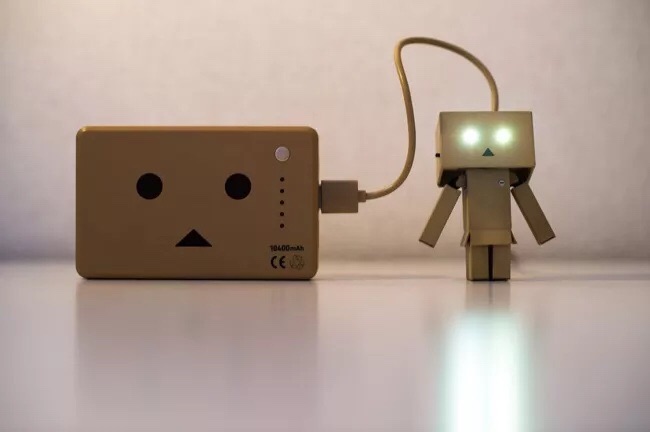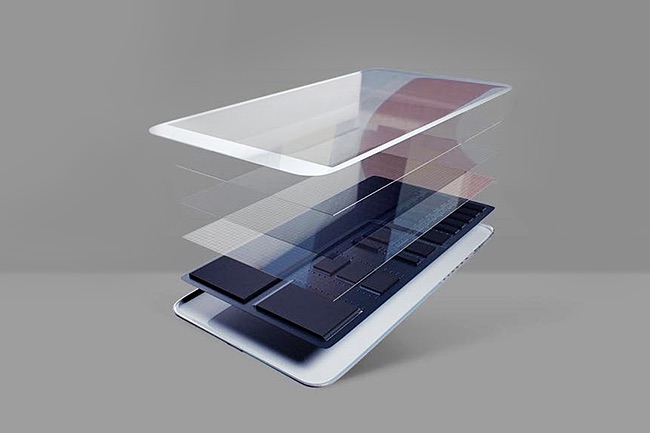A short digest of ageless misconceptions often found among ordinary gadget owners.
- Using Task Manager speeds up your Android – smartphone
- Discharge the battery completely before charging.
- Only use original charger
- A film to protect the screen from scratches is required
- The megapixel myth (more is better)
- Android – machines are more likely to be affected by malware and 'virus infection'
- Functionally rich devices are expensive
Despite the fact that the smartphone as a class of devices is less than ten years old, a fair amount of 'myths' have already formed around them. Some of them appeared years ago and, apparently, will stay with us for a long time. Whether it's software or hardware, PCs or smartphones, each class of device has its own 'bikes'.
Using Task Manager speeds up your Android – smartphone
There is an analogy here with a similar myth regarding devices from Apple. Using the task manager, which automatically cleans up the RAM of your smartphone by closing unused applications, you, contrary to the popular myth, will not speed up the device. In fact, applications are cached in RAM so that you can quickly jump to them.
The task manager is not needed. there is no need to manually close applications from the list of recent programs. Yes, the OS Android allows applications to run in the background with less restrictions, but there is no reason to close them if they are stable. On the contrary, it will slow down the smartphone.

Discharge the battery completely before charging.
Not everyone allows their device to fully discharge before the next charge. But some users are hesitant to charge the phone with 80% charge, keeping in mind the so-called 'memory effect' in old batteries.
Modern lithium-ion batteries do not need to be fully discharged. You can charge the device as long as you like and from any charge level.

Only use original charger
Most modern smartphones use a standardized USB device for charging. If the charger provides sufficient voltage, then it is quite possible to charge a smartphone or any compatible device with it.
There is no danger in using a more powerful charger. Your device will consume exactly as much energy as it needs and the battery will not only not be damaged, but will also charge faster. The reverse approach is also applicable: it is allowed to use a less powerful charger, only in this case the charging process may be delayed, or even not start at all if the output voltage is insufficient.
A film to protect the screen from scratches is required
Protection refers to a thin layer of plastic that fits over the screen. If the screen is scratched with something, the film will take an unwanted effect on itself, keeping the original state of the screen. It's cheaper to change the film than a smartphone screen. This position prevailed at a certain stage in the development of technology, but now the situation is such that films are becoming obsolete. The technologies used in modern devices (Gorilla Glass or similar) ensure that the glass is extremely resistant to damage. If you do not intend to be too careless with the device, then nothing will happen to the screen.

What's more, most of the damage that affects the film will in no way affect the Gorilla Glass. This can be confirmed by numerous videos on YouTube, in which the authors try to damage the screens with a knife. As a result of such tests, the integrity of the film is violated and the blade bounces off the screen of an ordinary smartphone.
The megapixel myth (more is better)

This opinion applies not only to smartphones, but also to any digital camera. Manufacturers always readily brag about the number of megapixels in camera sensors, emphasizing these parameters in the technical characteristics of their devices.
A megapixel refers to one million pixels, and megapixels refers to how many pixels will be in the final image from a particular camera. The iPhone 6 has an 8MP camera, while modern flagship smartphones based on Android are equipped with a 16MP camera.
In short, it is not always right to try to 'cram' as many pixels into the sensor as possible. Compared to 16 megapixels, the sensor of an 8 megapixel camera will produce larger pixels, which will have a positive effect on the light of the picture. An important role is played by the quality of the sensor itself, the lens, as well as the software used for post-processing images. Also, it is wrong to compare cameras by the number of megapixels, it is better to look for comparative reviews with examples of pictures from both cameras. Don't let yourself get distracted by countless technical parameters.
Android – machines are more likely to be affected by malware and 'virus infection'

From a technical point of view, phones are not infected with viruses (self-replicating software elements). If your phone is being attacked by malware, it doesn't try to infect other devices. In fact, there are not that many 'infected' devices, although Android are often wrongly accused of a huge number of 'Trojans' and malware. The latter exists, but mostly outside of Google Play. If you install applications only from the Play directory, then the risk is not so great. The chances of getting malware on your device increase when you download pirated versions of programs from third-party sites and install them on your device. It is highly likely that a hacked Trojan-containing program may be downloaded from Chinese application catalogs targeting local markets.
The availability of the method for installing applications from third-party sources is the reason for the relatively lower protection Android from various fraudulent schemes and software.
Unfortunately, not all devices receive software updates, and therefore some device security vulnerabilities are not addressed. However, by following simple rules and choosing reliable third-party sources of applications, you can protect your device from unwanted software.
Functionally rich devices are expensive
Smartphones are becoming 'smarter' every year and this applies to absolutely all price categories. As one technology or another spreads, it appears in relatively inexpensive gadgets. Therefore, you should not postpone dreams of a functional device without being able to purchase a flagship.
Original article
Elir: Prejudice and myths often appear in an area of which we have less knowledge. Gadgets that have become our everyday companions are no exception. Nevertheless, it is worth remembering that the evolution of mobile electronics is progressing at a very fast pace and eliminates the emerging misconceptions. What myths have you encountered?

